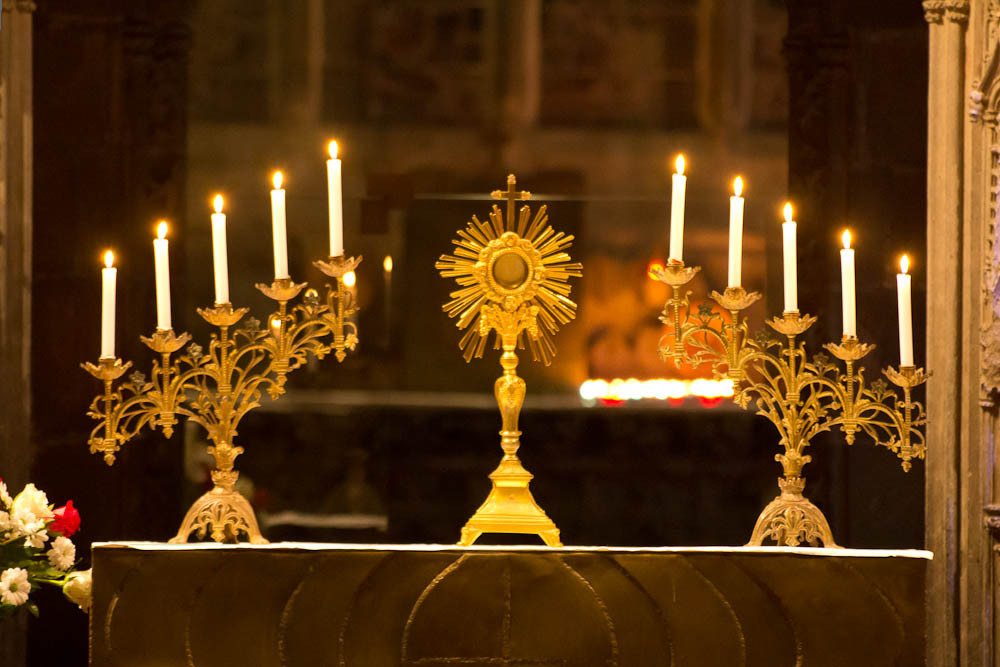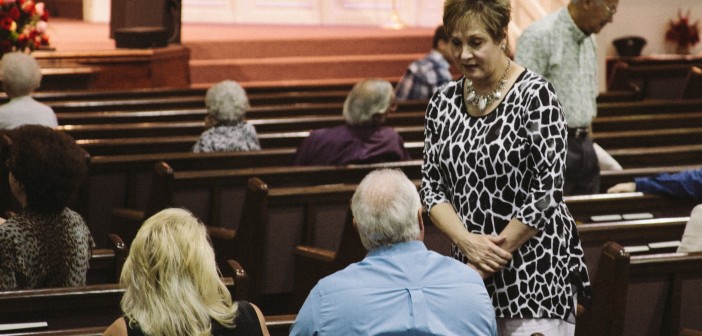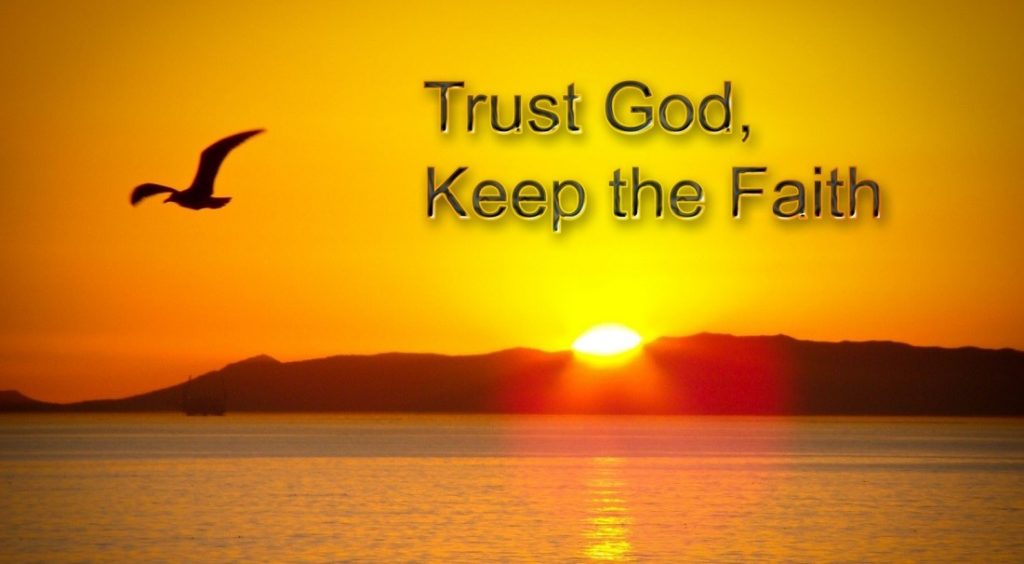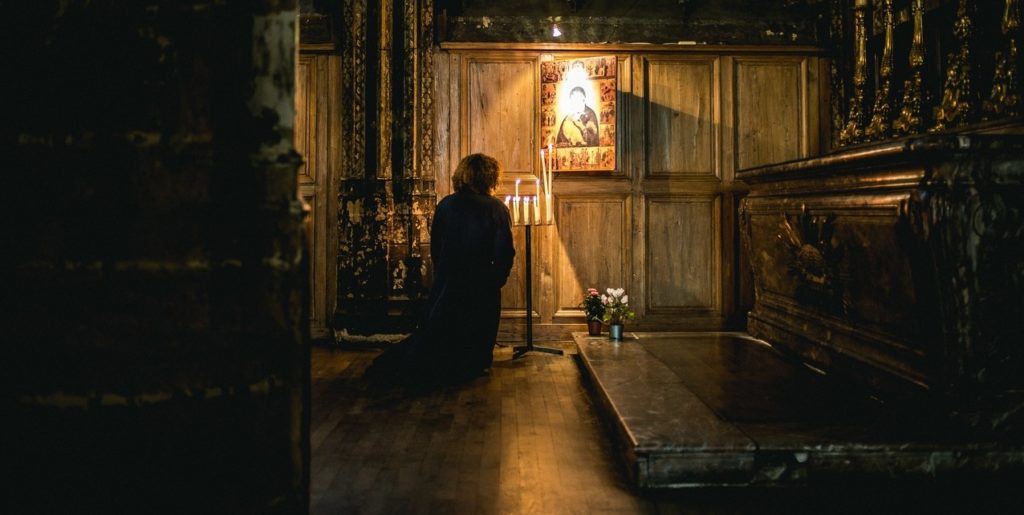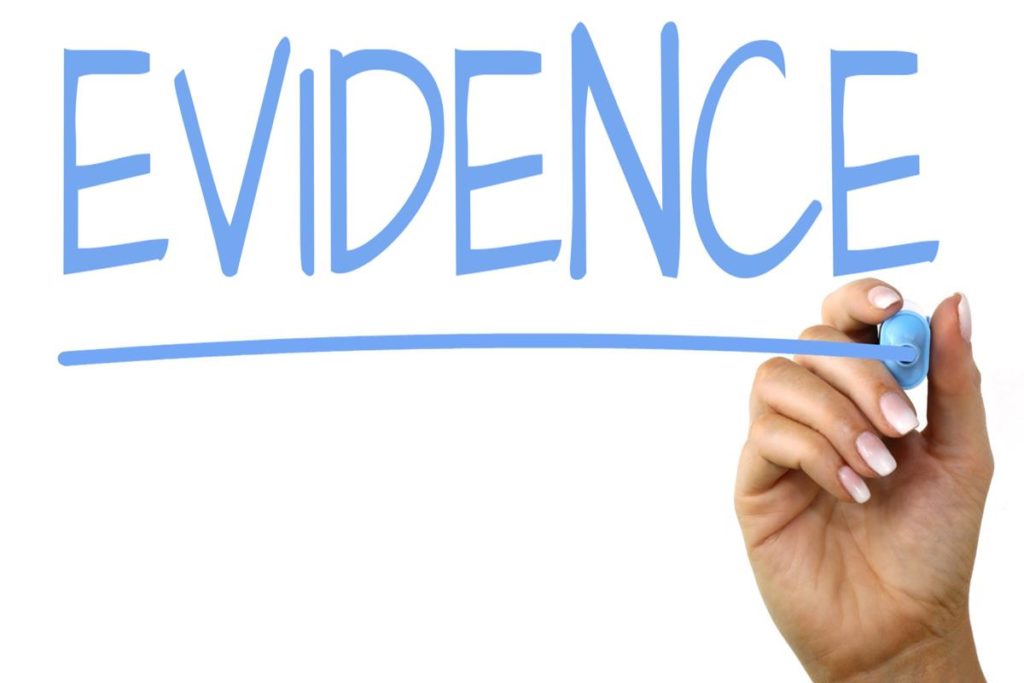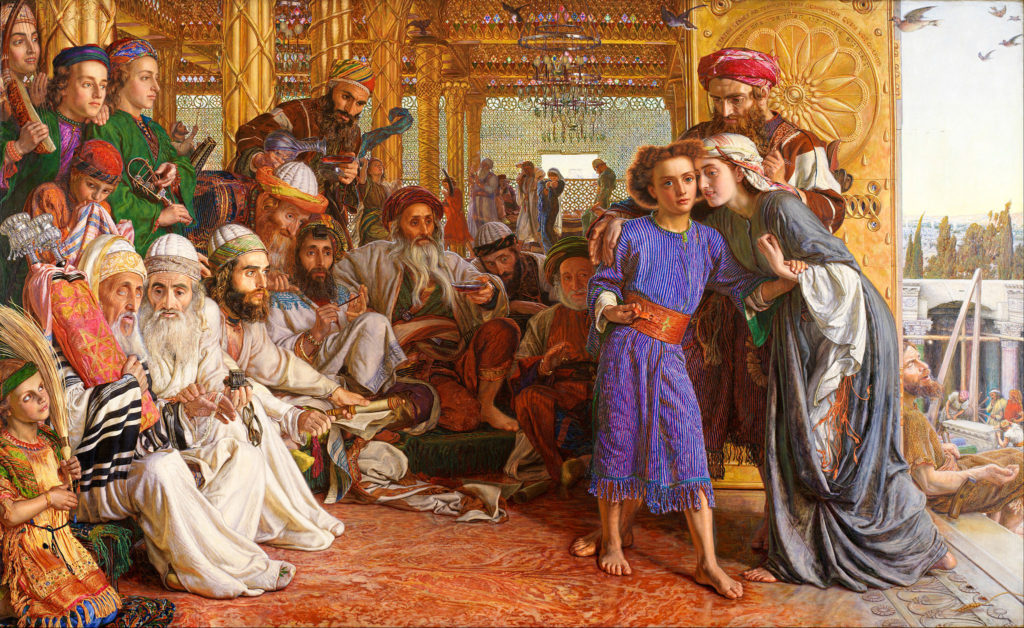The Importance of Asking God "Why?" through Rosary Prayer
Sometimes we face challenges in life that call for a little honesty with God. But this is something many of us, myself included, are often hesitant to do. If we’re angry or upset about something, we often don’t want to put that at God’s feet. I feel like I would be offending God by questioning […]
The Importance of Asking God "Why?" through Rosary Prayer Read More »



